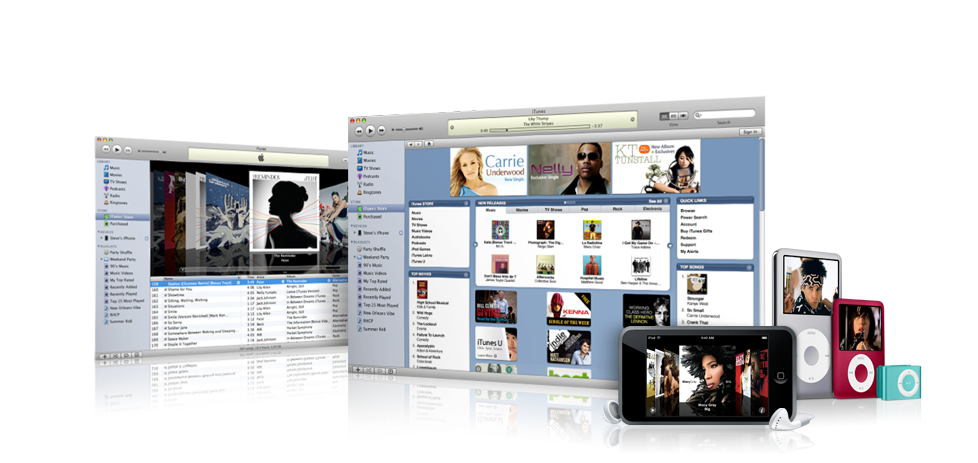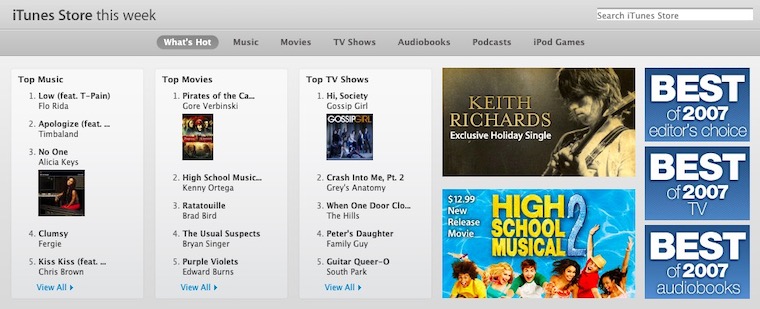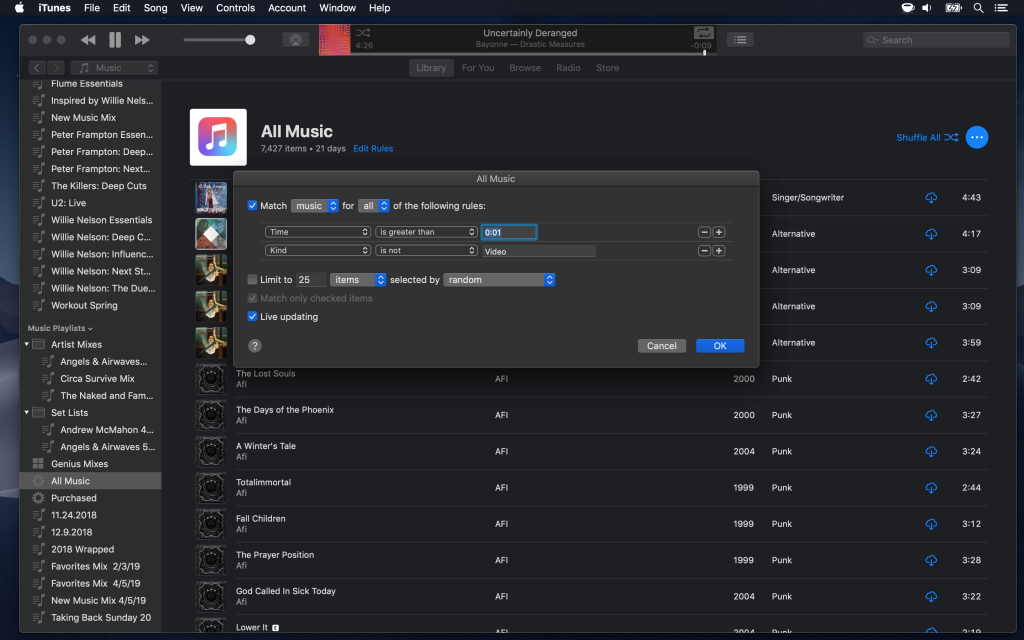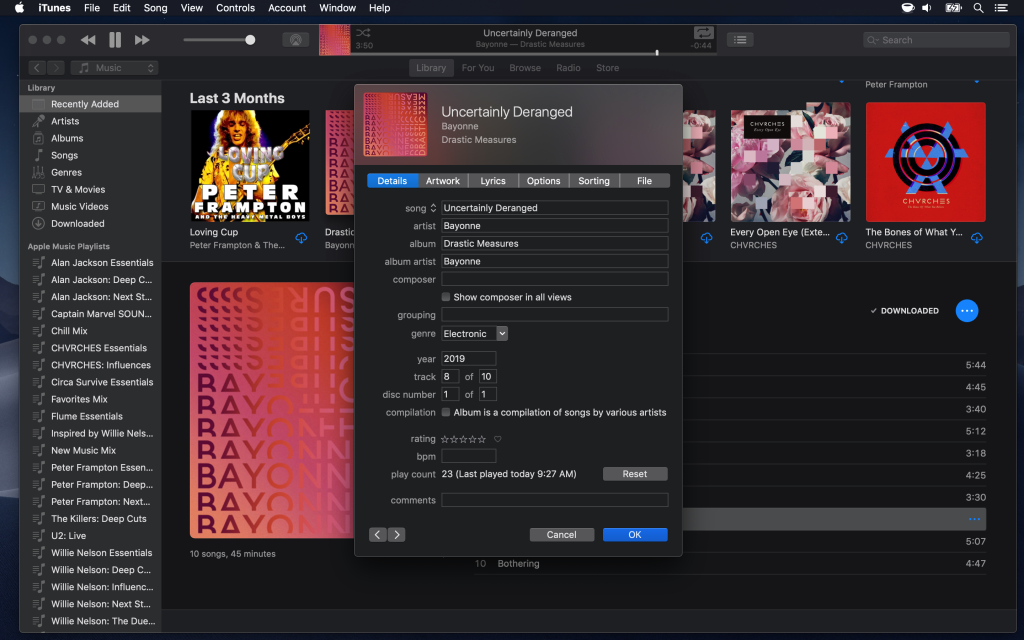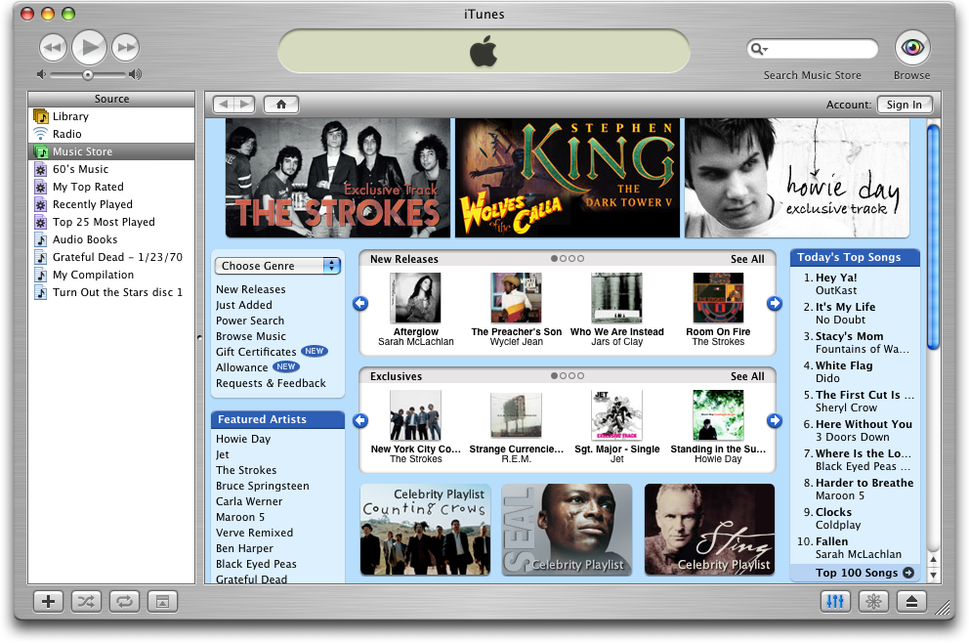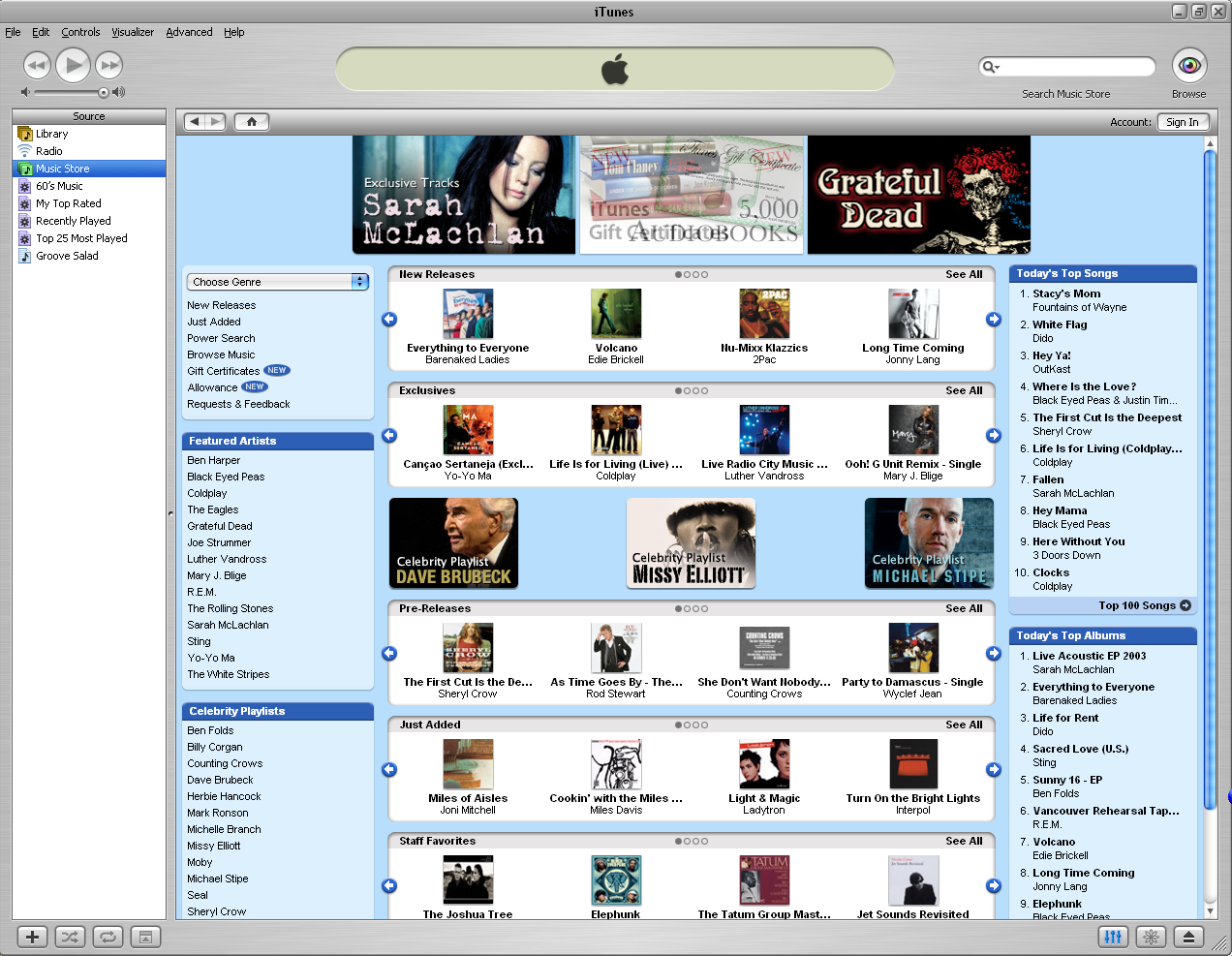Today marks the day in the music world with two news closely related to how Apple helped shape this world. It was February 26, 2008, when Apple, with its iTunes Store, became the second largest music retailer in the US, surpassed only by Walmart.
It could be interest you
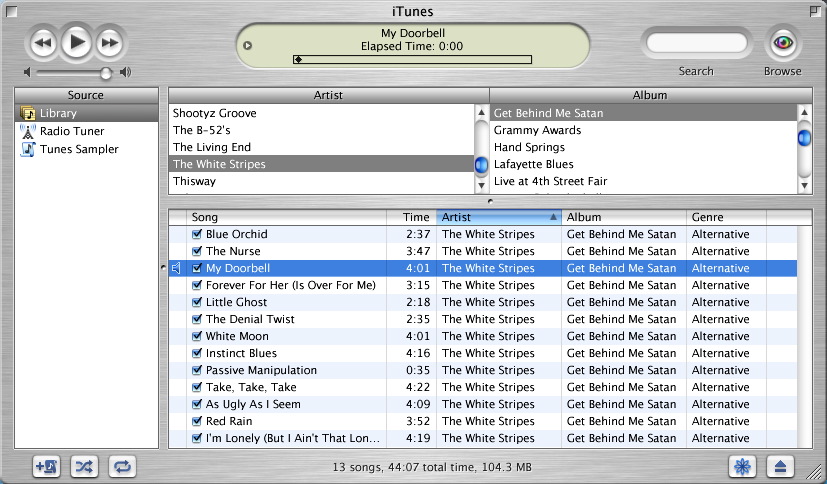
In a relatively short time, Apple has sold more than 4 billion songs and served more than 50 million customers. During five years of operation, the company sold an average of 80 songs to each user. Because Apple had a different business model than other retailers, selling individual tracks in addition to full albums, NPD Group analysts had to "convert" iTunes Store numbers to average 12-track albums. That's how they found out that the iTunes Music Store is the second most popular music store in the country.
Apple was aware of the success and followed it up by opening a movie store that provided - and still provides - the option to rent movies in addition to regular sales. But just as Apple managed to "kill" physical CDs during its first decade, it later "managed" to play a part in killing its own music business.
iTunes over the years
It's 2020 and more and more listeners rely on streaming music from services like Apple Music, Spotify or Tidal. Latest news The Recording Industry Association of America (RIAA) reports that streaming music today accounts for 79% of all sales. Sales of physical media such as CDs or records make up 10% and are the second most popular form of distribution.
The last place now belongs to digital stores like the iTunes Music Store. They have experienced their biggest drop, sales from them now make up only 8%. It's the first time since 2006 that digital stores generated less than $XNUMX billion. The moment when iTunes became the biggest music store in the world with ten billion songs sold was ten years ago. And it's a historic moment that - it seems - will never happen again.
It could be interest you

Currently, the most popular music services are Apple Music and Spotify. The first named had 60 million active subscribers just last year, their number has increased by 80% in the meantime. In contrast, Spotify, which reported 2019 million paying users at the end of 124, saw year-over-year growth of 29%. Interestingly, Apple ignored Spotify until it was too late, according to a former App Store executive.
